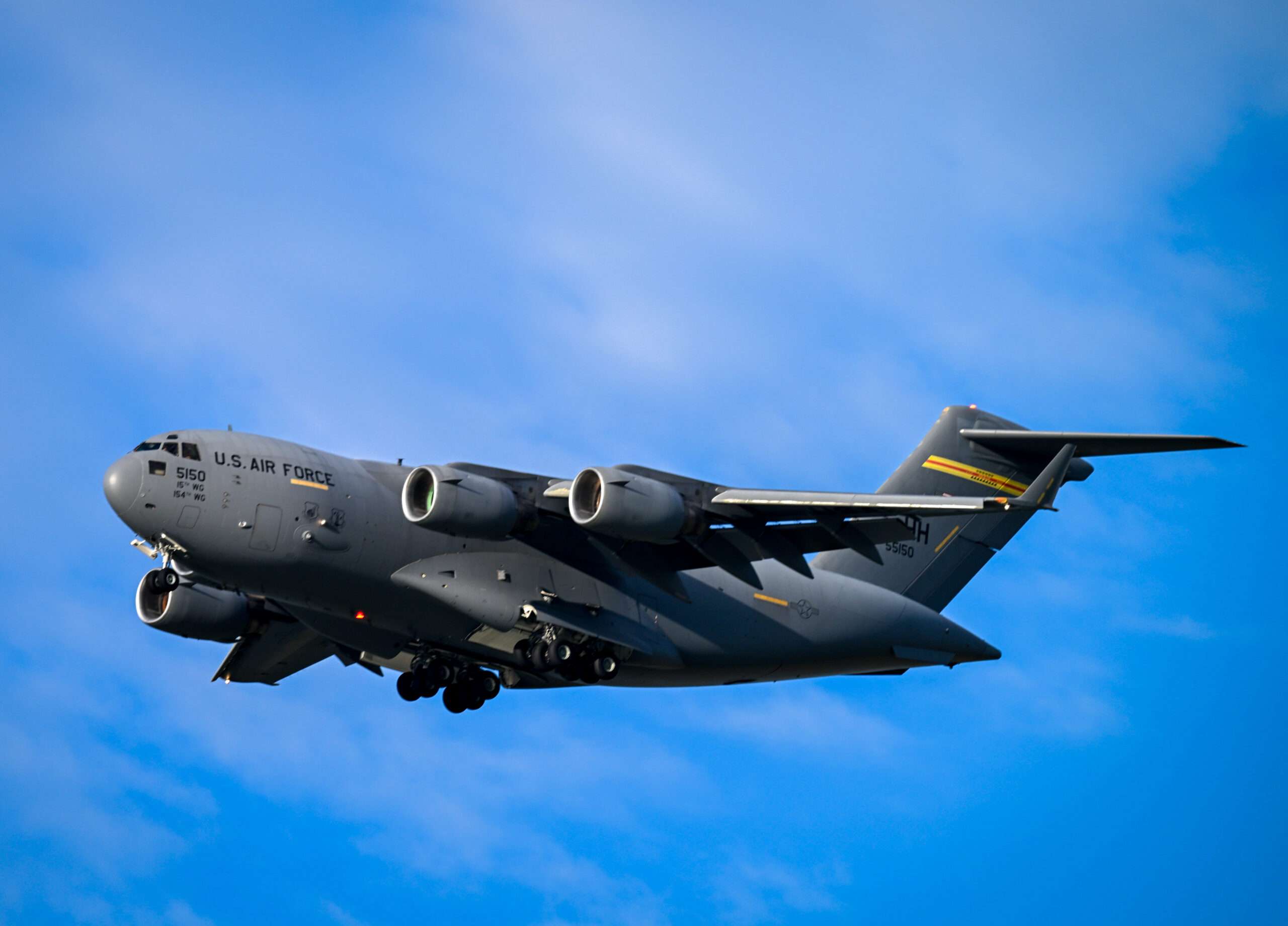Pentagon Acquired Boeing’s Bathroom Soap Dispenser at a Nearly 8,000% Markup
The recent report by the Office of the Inspector General at the Department of Defense has revealed significant overcharging in the procurement of parts for the C-17 Globemaster III cargo plane, highlighting a particularly egregious case involving bathroom soap dispensers. Despite functioning identically to those found in commercial settings, the U.S. government paid an astounding markup of 7,943 percent for these dispensers, totaling $149,072. This specific incident was a catalyst for a broader investigation, as auditors scrutinized 46 selected spare parts for the C-17 and discovered that the Air Force had overpaid for 12 of them, resulting in an additional cost of $992,856 on top of the actual $4.3 million value of the parts.
The C-17 Globemaster III is recognized as a key asset in the U.S. military’s airlift capability, known for its ability to carry substantial cargos over extended distances, making it critical for operations supporting allies like Israel and Ukraine. With a fleet of 223 aircraft, any inefficiencies or overpricing in the procurement process can have far-reaching effects on military readiness and budget allocations. The findings in this report echo previous instances where the Pentagon has faced criticism for exorbitant spending on military equipment, such as in 2015 when the military successfully renegotiated a contract for Patriot missiles, saving $550 million after uncovering severe overpricing.
The root of this overcharging issue appears to stem from a lack of rigorous oversight and validation during the Air Force’s procurement process. According to the inspector general’s findings, the Air Force failed to verify the accuracy of price data used during contract negotiations, neglected effective contract surveillance during execution, and did not adequately review invoices for fairness before making payments. This oversight allowed contractors like Boeing to charge excessively for even mundane items, as seen in previous audits where items were marked up significantly—most infamously, a half-inch metal drive pin that cost taxpayers $4,300 instead of the $46 retail price.
Prompted by an anonymous whistleblower’s report about Boeing’s severe overcharging on toilet fixtures, the inspector general’s investigation shed light on systemic flaws in procurement practices. The findings particularly noted that Boeing’s cooperation with the investigation came with caveats, specifically regarding the confidentiality of certain price data, which Boeing claimed fell under trade secrets. This left some gaps in transparency, as the public record only outlines total overcharges rather than specifics about the number purchased or individual pricing.
In addition to the soap dispensers, which represent an astonishing markup, the audit revealed other parts purchased by the Air Force, such as retaining bands and various mechanical components, were also subject to excessive pricing. The inspector general illustrated that these overcharges often went unchecked because procurement officials were inclined to accept pricing that matched what Boeing had paid its suppliers, indicating a significant oversight in the review process. This systemic failure to question inflated costs continues to highlight the urgent need for reform in military procurement practices to ensure taxpayers’ money is spent judiciously.
Industry experts, such as former Pentagon Director of Defense Pricing Shay Assad, have pointed to the diminishing competition in defense contracting as a contributing factor to these pricing issues. In previous decades, more defense contractors vying for government contracts offered the military leverage in negotiations, whereas current dynamics favor established companies like Boeing. This lack of competitive pressure allows for inflated pricing structures without adequate scrutiny, ultimately impacting defense budgets and operational effectiveness. The revelations from this report highlight not only the specific mismanagement of funds but also the broader systemic vulnerabilities within the military procurement framework that demand immediate attention.
Share this content:












Post Comment